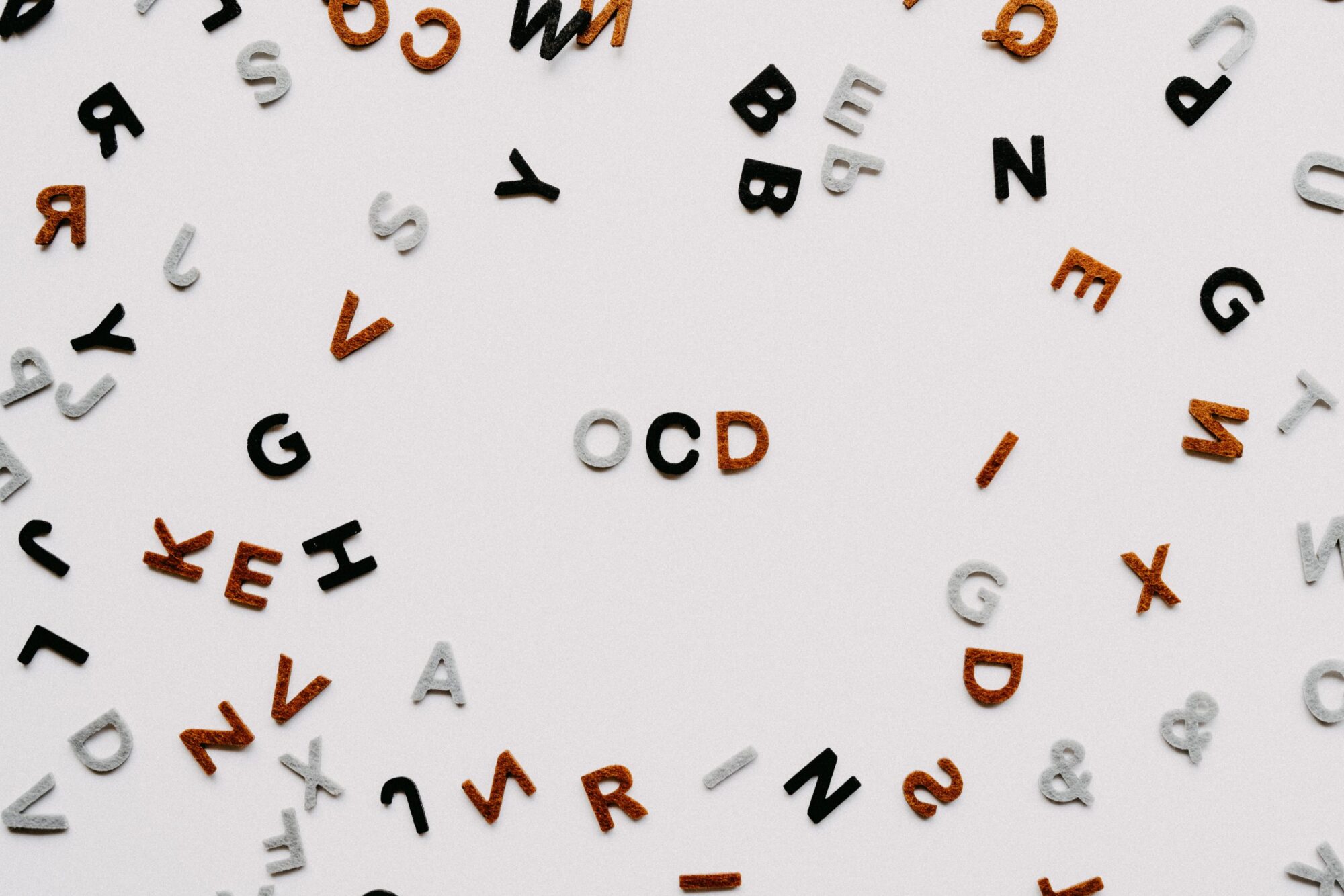Obsessive-Compulsive Disorder is a debilitating mental health and anxiety lead condition, whereby someone can experience distressing oftentimes recurring thoughts, urges, and behaviours that are uncontrollable. These thoughts can manifest themselves in intrusive and unpleasant ways. This can potentially lead to harm to oneself or others, that many people with the disorder feel they need to counteract or neutralise with rituals.
Anxiety and distress are caused as a result of these compulsions. Sufferers are usually aware their behaviour is excessive and may feel embarrassed. Obsessions and compulsions are caused by intrusive thoughts. They are repetitive and can be unconcealed. This is because people who suffer from OCD attempt to combat the intrusions with ritualistic behaviour.
Diagnosis firstly occurs with discussing your thoughts, feelings, symptoms and behaviour patterns with a therapist. This process can help to determine if you have obsessions or compulsive behaviours that interfere with your quality of life. The Diagnostic and Statistical Manual of Mental Disorders (DSM-5) is a mental health manual that is consistently updated. This manual is commonly used as a criterion for OCD behaviour.
In society people love to undermine the severity of conditions with harmful ‘jokes’. These conversations can spread misinformation and misconceptions, furthering the lack of understanding that increases stigma and prejudice towards the people who suffer with the condition in the first place. OCD is no different and is sadly riddled with these misconceptions: “We are all a little OCD” – This phrase minimises the real-life struggle people with OCD go through. In reality only 2% of the population actually suffer from diagnosed OCD. The idea that people with OCD only behave in one way leads to a further lack of understanding for the condition.
In everyday media OCD is thought of as a condition that only makes people germaphobes or obsessed with organisation. This results in a lack of understanding towards the symptoms of the conditions. Furthermore, people who have mental health conditions are feared and thought of being dangerous. Because of this there is a misunderstanding that people genuinely want to harm others or themselves; however, it is actually the fear of doing harm rather than the want.
In order to support someone with OCD it is important so stay educated and support them. Likewise, it may be important to help support someone into looking for a diagnosis as this can help someone feel comfortable with themselves. Finally it is so vital that in support there is no judgment of how they feel especially in the topic of self harm – something people feel they can’t talks about, in fear of how people might react.
Thank you for reading!
